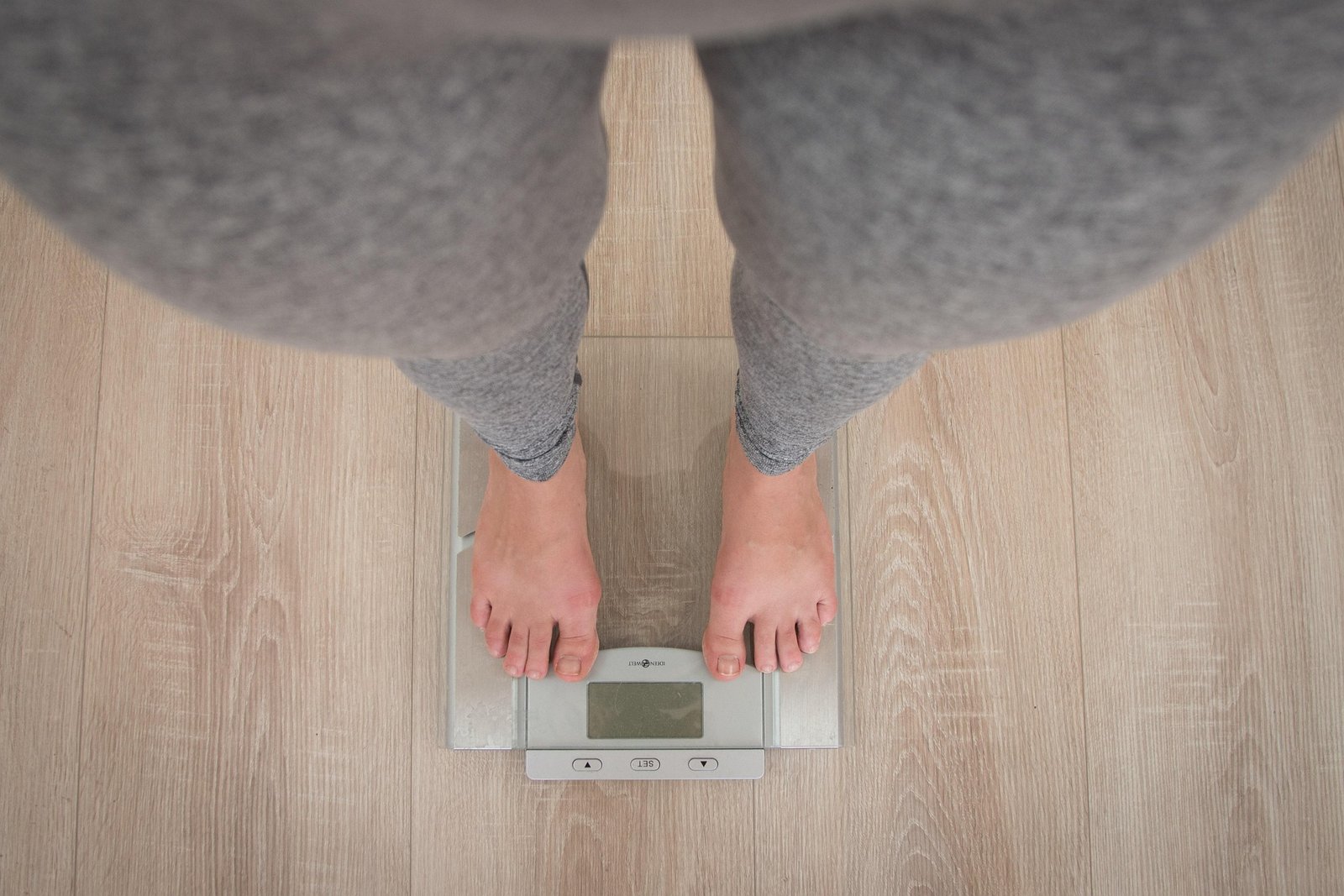Weight loss is a huge business composed of good intentions, marketing ploys, and outright lies. These sorts of ideas are weight loss myths: common beliefs either misleading or downright false. Here, the top weight loss myths are put to rest, with scientific facts to keep you on track toward sustainable weight loss. If ever you had a feeling of confusion or ever felt stuck due to contradictory information, this guide is for you.

Myth 1: Carbs Make You Fat
One of the most stubborn weight loss myths in the world is that carbohydrates are the enemy. While low-carb diets like keto are all the rage today, this does not mean that carbs automatically cause fat gain.
The truth: Carbohydrates are the main source of energy for the body. One thing should be clear; it is not carbs in general but in consuming refined carbs in excess. Think white bread, pastries, and sugary snacks. Complex carbs from whole grains, fruits, and vegetables give us the nutrients and fiber necessary for a healthy metabolism.
Bottom line: Think complex carbs and moderation. Do not think, no carbs.
Myth 2: Eating Fat Makes You Fat
Another common belief is that eating fat is the sin leading to weight gain.
Actually, dietary fats are good for hormone production, brain function, and the absorption of nutrients. Fats are of two types; trans fats (bad ones-they appear in processed foods) will harm your health-eat them and your weight will definitely go up. And then, unsaturated fats (the good ones) found in avocados, nuts, and olive oil-aids heart health and possibly weight loss.
Bottom line: Eating good fats is good for you, so do your best to avoid the bad fats.
Myth 3: Skipping Meals Will Help You Lose Weight
A lot of people believe that if they skip meals, particularly breakfast, they will eat less not only at that meal but throughout the day, and thus lose weight.
The reality: You will be hungrier and your metabolism will slow down, and you will compensate by overeating later in the day. Research suggests eating well-balanced meals on a regular basis controls appetite and keeps energy on an even keel.
The bottom line: Don’t deprive yourself—practice moderation and balance.

Myth 4: Cardio Is the Best Fat-Loss Strategy
Running and cycling are calorie-burning cardio activities, yes, but there’s more to weight loss than just burning calories.
The truth: Strength training builds muscle, which spikes your resting metabolism rate—literally, burning calories at rest. Pairing strength training with cardio yields the optimal strategy when it comes to losing fat.
Briefly: Integrate weight training with cardio for long-term results.
Myth 5: Weight Loss Supplements Are Needed
There are really as many weight loss supplements-the pills, powders, and teas-that say they can promote burning fat.
The reality: Most of the weight loss supplements are unregulated, have little scientific backing for their claims, and may even be harmful. Real weight loss comes from good nutrition, exercise, sleep, and stress management, not magic pills.
Bottom line: Improve your life instead of looking for shortcuts.
Myth 6: Eating After 6 PM Causes Weight Gain
Have you ever heard that eating at night causes you to put on weight?
The truth: Weight gain does not depend on the time of day; it depends on total calorie intake. Meals late at night can be an issue if they cause mindless snacking or eating more calories than one needs. However, head-in-the-calories well-controlled eating after 6 PM will not set the scale up.
Bottom line: Focus on what and how much to eat, more than on when to eat.
Myth 7: You Need to Eat Small, Frequent Meals to Boost Metabolism
Some weight-loss diets recommend eating 5-6 meals daily to achieve high metabolism.
Reality: The frequency of meals has little or no impact on the metabolism in the majority of people. Greater concern is the overall calorie intake and diet quality.
Bottom line: Choose a meal plan that works best for you—3 meals or 6 meals per day.
Myth 8: You Can Target Losing Fat in Certain Areas
Most people believe sit-ups will remove fat from the belly or squats will remove fat from the thighs.
The truth: Spot reduction does not exist. You can’t specify where you lose fat. Fat loss happens all over the body as a result of creating a calorie deficit by diet and exercise.
Bottom line: Train for overall fat loss, not spot areas.
Myth 9: All Calories Are Created Equal
Calories are a measure of energy, not nutrition.
The reality: 100 calories of candy and 100 calories of broccoli are not equivalent in satiety, blood sugar, and metabolic response. Whole foods deliver fiber, protein, vitamins, and minerals that assist with weight management.
Bottom line: Feed your body nutrient-dense foods.
Myth 10: If You Don’t Lose Weight Fast, You’re Failing
Most people expect rapid results and are upset when the scale will not move quickly.
Fact: Optimal, healthy weight loss is 1-2 pounds per week. Rapid weight loss can result in the loss of muscle mass and starvation of nutrients, and is harder to maintain.
Lesson: Wait and try slow, steady progress.
How to Identify Weight Loss Myths
With the current age of digital existence, false information spreads like wildfire. How to protect yourself against unsubstantiated information:
✅ Get evidence-based advice from credible sources (doctors, registered dietitians).
✅ Be careful of products or programs that have too-good-to-be-true quick easy guarantees.
✅ Check if peer-reviewed studies form the foundation of information.
✅ Avoid hiring influencers who offer fad diets with no scientific basis.
The Mindset Role in Weight Loss
Aside from diet and exercise, mindset also contributes to weight regulation. Entitlement to myths will lead you to frustration, guilt, or abandonment. Applying myths substituted with facts allows you to make sound choices and be motivated.
Healthy Weight Loss Quick Tips
Below is a list of evidence-based tips:
Eat whole foods rich in nutrients.
Portion your food.
Do both cardio and strength training.
Get enough sleep (7-9 hours daily).
Manage stress with relaxation strategies.
Hydrate by consuming plenty of water.
Avoid comparing yourself to others.
Make realistic, attainable goals.
Final Thoughts
Weight loss myths can sabotage your efforts and encourage unhealthy behaviors. By dispelling the myths and integrating evidence-based techniques, you position yourself for long-term success.
One size fits none. The best weight loss plan is one that you can maintain in the long term, have fun with, and that works around your life.
Did you ever get caught up in believing any of these weight loss myths to be true? Let us know in the comments below and continue the discussion!


